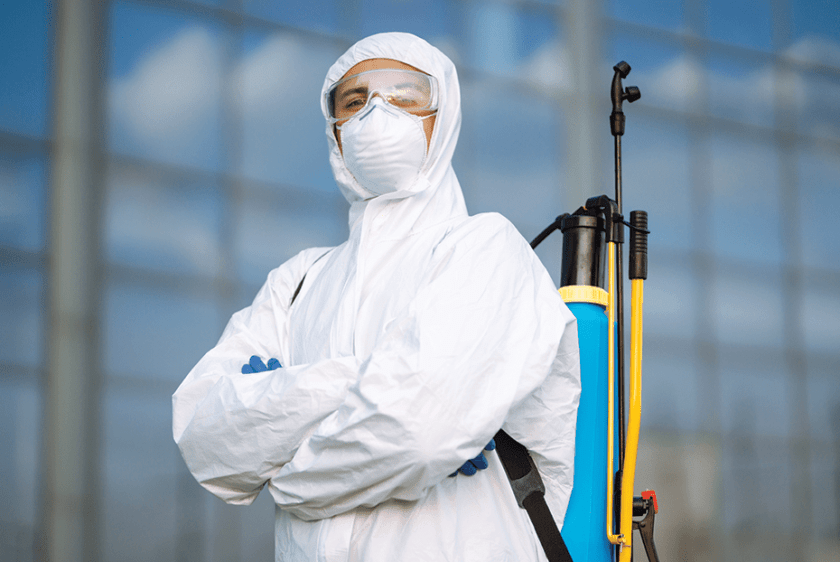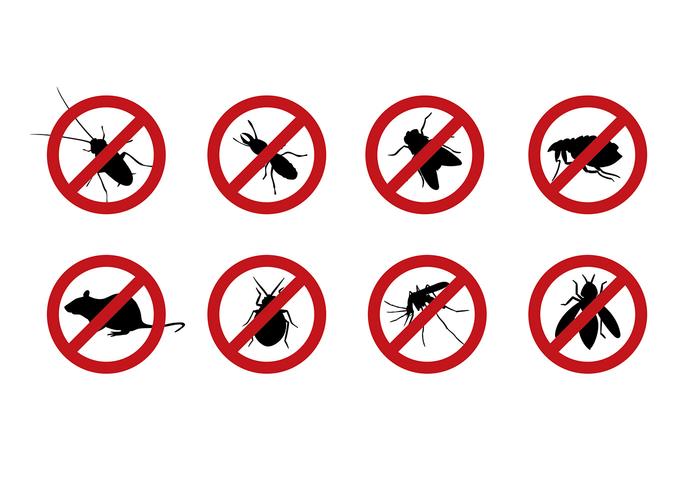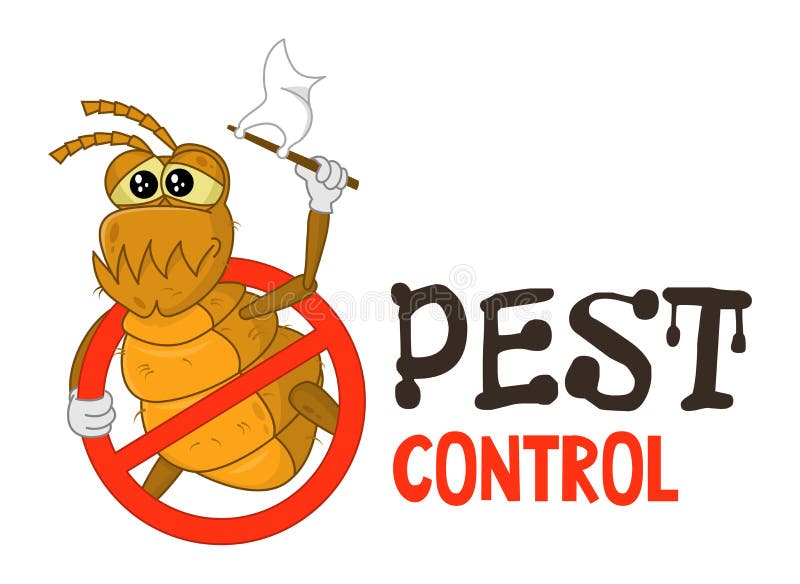Safe and Trustworthy Parasite Control for Lasting Security
Effective pest monitoring calls for a diverse method that balances eco-friendly honesty with the need for efficient bug reductions. The subtleties of these techniques may not be instantly clear, prompting a closer examination of the practices that can lead to sustainable parasite control outcomes.
Understanding Bug Control Techniques
Insect control incorporates a range of approaches targeted at handling and eradicating unwanted pests and rats that can endanger both health and building. Understanding these techniques is essential for reliable insect management.
The main groups of parasite control approaches include mechanical, biological, and chemical methods. Mechanical approaches include physical barriers and catches to avoid pest entrance and capture undesirable species. Using screens on windows or using sticky traps can substantially minimize pest populations without introducing damaging compounds - exterminator coquitlam.

Chemical bug control is often one of the most identified technique, using pesticides to remove pests. These chemicals can be effective yet must be used with caution to prevent adverse results on non-target species and the atmosphere.
Advantages of Eco-Friendly Solutions
Just how can eco-friendly options change parasite control practices? The adoption of green insect control approaches uses countless benefits, considerably enhancing the performance and safety and security of insect monitoring.

One more benefit is the favorable influence on local biodiversity. Eco-friendly options are developed to target details insects while protecting helpful insects and wildlife, advertising a well balanced environment. This technique straightens with the expanding customer need for sustainable techniques, boosting the online reputation of insect control carriers.
Integrated Pest Administration Strategies
The implementation of environmentally friendly services normally brings about the fostering of Integrated Insect Monitoring (IPM) strategies, which better improve pest control efficiency. IPM is an all natural approach that incorporates several methods to handle insect populations while minimizing ecological effect. This technique emphasizes making use of organic, social, mechanical, and chemical controls, guaranteeing a well balanced and sustainable technique of pest administration.
One essential facet of IPM is the comprehensive analysis of insect activity and environmental problems. By monitoring parasite populaces and identifying their life cycles, practitioners can apply targeted treatments that interfere with the insect's environment or lifecycle, reducing reliance on chemical pesticides. In addition, cultural techniques such as plant turning and habitat control can considerably reduce pest establishment and recreation.
An additional critical element is using biological control representatives, such as advantageous pests or microbes, which can normally suppress bug populaces. When chemical applications are necessary, IPM prioritizes using low-risk chemicals and uses them selectively, decreasing exposure to non-target organisms and people.
Including IPM strategies not just boosts parasite control effectiveness yet also advertises a safer ecosystem, straightening with the expanding need for sustainable techniques in pest monitoring.
Safe Practices for House Owners
Recognizing the significance of secure practices in insect control can encourage property owners to effectively take care of insect concerns while securing their wellness and the atmosphere. Implementing non-toxic techniques and safety nets is important in reducing exposure to dangerous chemicals.
House owners ought to initially evaluate their setting for problems that bring in parasites, such as standing clutter, water, and food waste. Frequently cleansing and sealing entrance factors can prevent insects from attacking the home. Utilizing natural deterrents, such as important oils or diatomaceous earth, can provide reliable choices to chemical pesticides.
When chemical treatments are required, house owners need to select items that termite experts are particularly identified as secure for household usage. It is necessary to adhere to application guidelines carefully to stay clear of too much exposure. Utilizing targeted therapies in areas where bugs are determined, rather than covering splashing, can dramatically lower chemical use.
Lastly, preserving open interaction with bug control professionals is crucial. Property owners need to make inquiries concerning the safety and security of items used and demand green options whenever feasible. By taking on these safe methods, homeowners can develop a healthier living environment while properly taking care of parasite issues.

Tips for Long-Term Security
Developing an insect monitoring technique that highlights long-lasting defense can considerably boost the performance of the secure methods formerly talked about. To achieve this, homeowners should implement routine examinations of their property, focusing on concealed areas such as attic rooms, cellars, and crawl areas. Early detection of insect activity is crucial in preventing infestations from taking hold.
Additionally, keeping a tidy setting is important. This includes appropriate food storage space, immediately cleaning up spills, and consistently taking care of rubbish. These practices decrease attractants that draw insects right into the home. Additionally, securing entrance points, such as cracks around doors and home windows, can properly obstruct possible insect gain access to.
Landscaping ought to additionally be thought about; maintaining plants cut and keeping a distance between greenery and the home decreases hiding places for parasites. Making use of natural deterrents, such as necessary oils or diatomaceous earth, can even more prevent problems without turning to severe chemicals.
Last but not least, working together with a specialist parasite control solution for regular examinations can offer an additional pest control bugs layer of security. These professionals can supply tailored referrals and progressed treatments, making sure that your home stays protected against parasites in the long term.
Conclusion
Finally, trusted and risk-free insect control calls for a multifaceted approach that highlights environment-friendly approaches and integrated bug monitoring. By carrying out natural deterrents, carrying out normal evaluations, and keeping appropriate hygiene, homeowner can considerably lower bug populations while shielding advantageous pests and the setting. Collaboration with professional bug control solutions enhances the efficiency of these methods, making sure customized services that provide long-term protection and assurance versus future problems.
Efficient bug administration calls for a complex method that stabilizes ecological integrity with the need for effective insect suppression. The fostering of eco-friendly bug control methods supplies numerous advantages, significantly enhancing the efficiency and safety and security of insect management.The execution of eco-friendly solutions normally leads to the adoption of Integrated Pest Administration (IPM) strategies, which better enhance parasite control effectiveness. exterminator coquitlam. look at here By keeping an eye on pest populations and determining their life cycles, specialists can implement targeted treatments that interrupt the insect's habitat or lifecycle, lowering dependence on chemical pesticides.In verdict, safe and trustworthy parasite control needs a complex method that emphasizes green techniques and incorporated bug administration